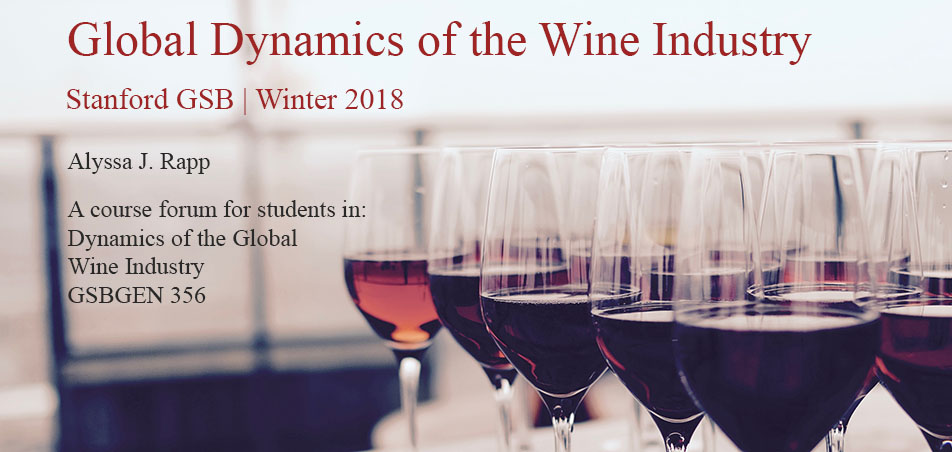The moon passes through different zodiac signs, and by extension, all days fall into four categories:
- Fruit: The moon is aligned with fire sign constellations
- Flower: ... Air signs
- Leaf: ... Water signs
- Root: ... Earth signs
According to certain wine experts, "wines tend to be most effusive and flashy on fruit or flower days, and tend to be more reticent and bashful on root and leaf days." Translation: drink wine on fruit and flower days, not on root and leaf days.
To put this "science" to the test, the author of the post experimented with tasting two different wines on each of the four different day types. Her verdict was that while the wines did taste differently from day-to-day, her perception of the wine had no correlation to the lunar cycle days. All in all she said that "the wines did not show poorly on any of the tasting days," even the leaf and root days that are supposedly to be avoided.
My key takeaway: I won't argue with the apparent success of biodynamic farming on a wine's quality, but when it comes to drinking wine, it's probably not worth the effort to be constrained by the forces of the Lunar Cycle. Instead, I'll personally drink my wine whenever I please. (Really, abstaining from wine drinking on leaf and root days just seems unnecessary). But in case you're curious to test it out for yourself, there's of course an app, called When Wine, that will help guide you on your celestial wine-drinking journey.

Sommeliers and Masters of Wine are notoriously stiff-lipped and no-nonsense; so, the notion of harvesting seeds under a full moon and ritually burying animal parts in the name of viticulture was unlikely to impress the staunch traditionalists. In the early stages of biodynamic winemaking, converts of the practice were considered either hippies or occultists.
ReplyDeleteI had no idea what producing biodynamic wine entailed until today's class. The whole thing is shocking to me as a consumer because, in my limited experience, "organic" and "biodynamic" are often used in tandem in wine marketing. For example, while poking around Biondivino's website (they have a store in Town & Country Village near campus), they have a single, shared tag for "organic/biodynamic." I had always assumed they meant something similar. I don't think that knowing more about the definition of "biodynamic" makes me less likely to purchase biodynamic wine, but it does make me speculate (to Frank's comment) that the producers might be just a little bit kooky (I'm still relatively new to California - it's okay if you want to call me out for being straight-laced and not running around with quartz crystals in my pocket). I'm curious to know what percentage of biodynamic wine consumers understand how their wine is made and, if they do, how it affects their purchase decision.
ReplyDeleteI found it helpful to see how Wine Spectator differentiates between organic, biodynamic and sustainable wines here: http://www.winespectator.com/drvinny/show/id/41226